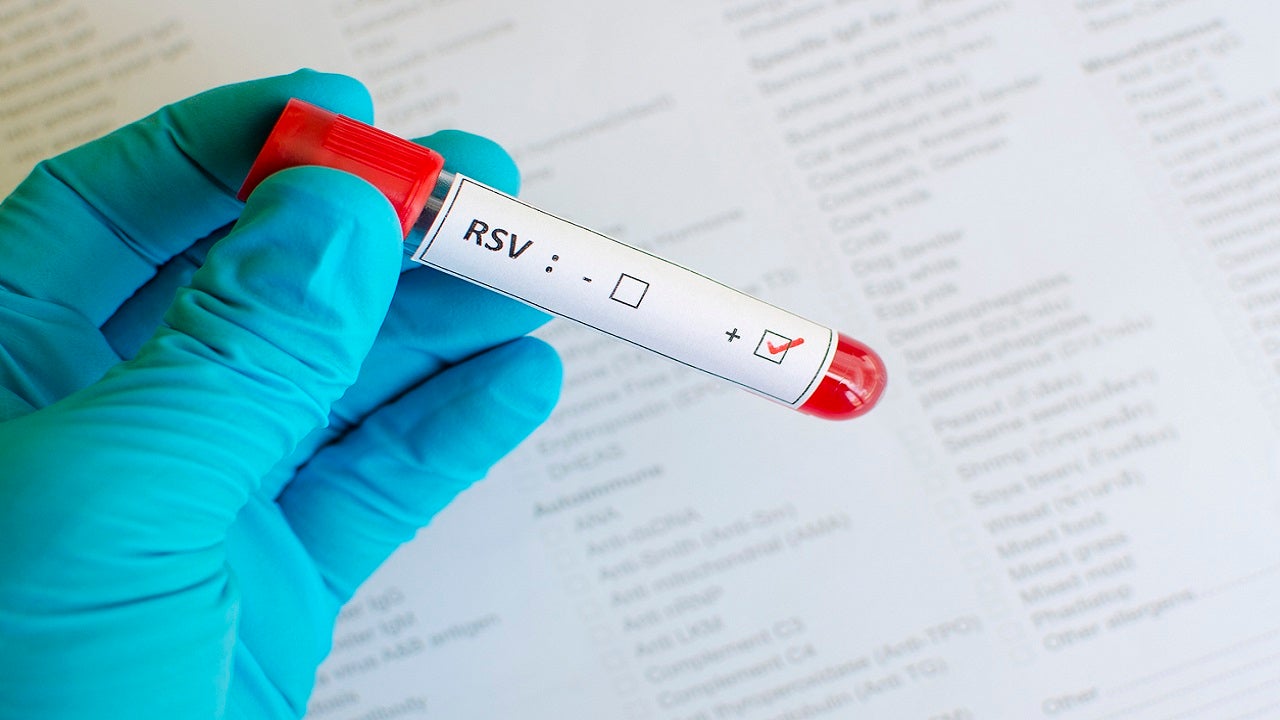Eli Lilly and Co. said new data from a Phase 3 trial showed its infectious-disease drug, baricitinib, was shown to reduce deaths in patients receiving mechanical ventilation.
CLICK HERE TO FIND A COVID-19 VACCINE NEAR YOU
The study, which involved a cohort of 101 adult patients, found those on mechanical ventilation or extracorporeal membrane oxygenation (ECMO) who were given the drug and standard of care were 46% less likely to die by day 28 compared to those who received a placebo and standard of care.
In the COV-BARRIER trial, 58% of patients in the placebo arm died by day 28, compared to 39.2% in the baricitinib group. By day 60, the proportion rose to 62% among the placebo arm, compared to 45.1% in the baricitinib group. No new safety signals were identified in either group.
FLORIDA HOSPITALS FACING RECORD COVID-19 SURGE EXPAND UNITS, LIMIT VISITORS AGAIN
The study has not yet undergone peer review, although the company said it intends to submit it for publication in the coming months.
“As additional data from COV-BARRIER become available, it is increasingly evident that treatment with baricitinib may help prevent death in some of the most critically ill COVID-19 patients and that baricitinib represents an important treatment option for this vulnerable group of patients in this constantly evolving pandemic,” E. Wesley Ely, MD, MPH, professor of medicine and co-director of critical illness, brain dysfunction and survivorship center at Vanderbilt University Medical Center, said, in a news release.
The FDA moved last week to expand emergency use authorization to allow baricitinib to be given with or without remdesivir. The drug can now be given to hospitalized adults and pediatric patients ages 2 and older who require supplemental oxygen or ventilation.
The drug is a once-daily oral JAK inhibitor and has been used to treat adults with moderate-to-severe rheumatoid arthritis.
 Iktodaypk Latest international news, sport and comment
Iktodaypk Latest international news, sport and comment






